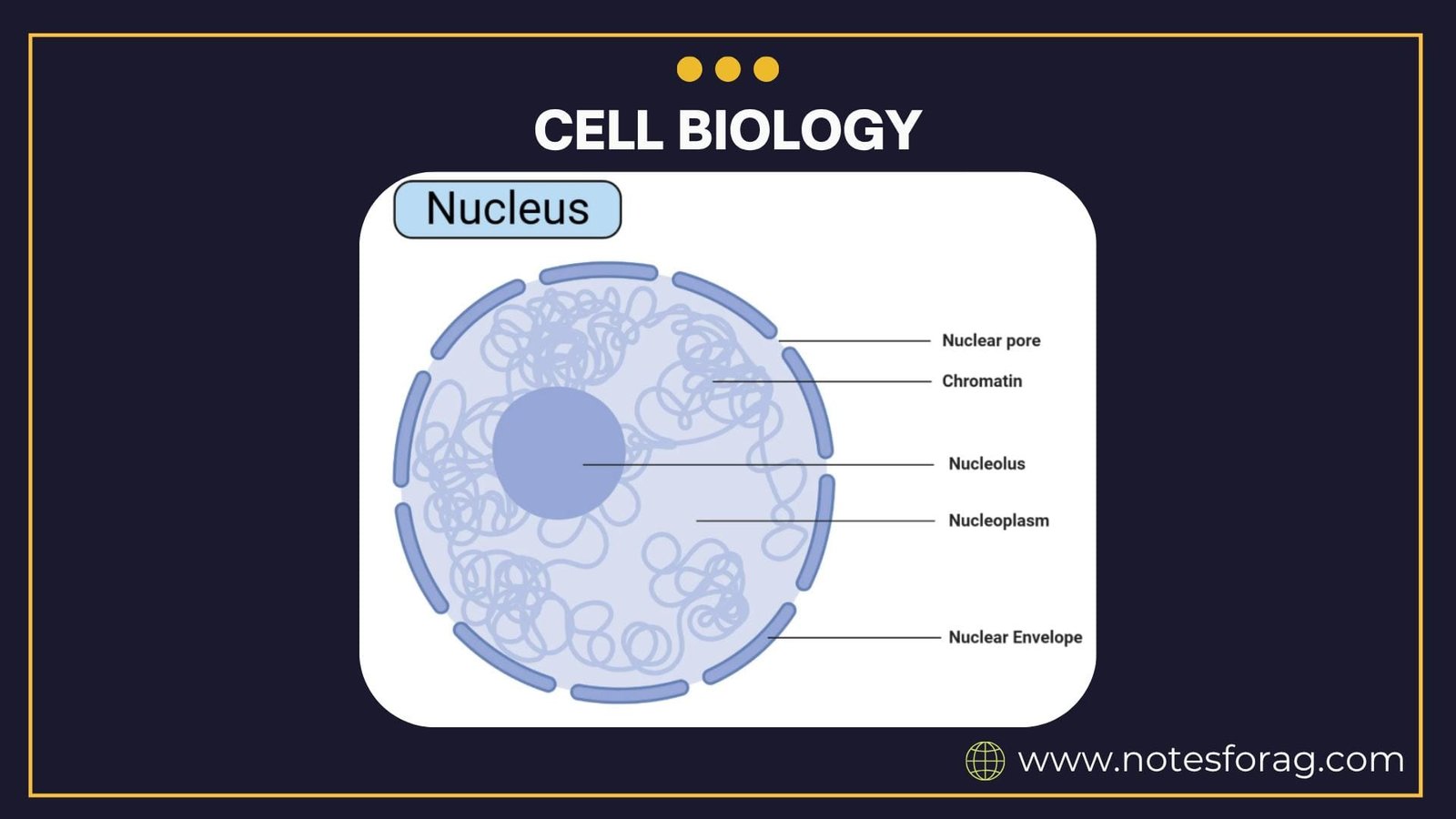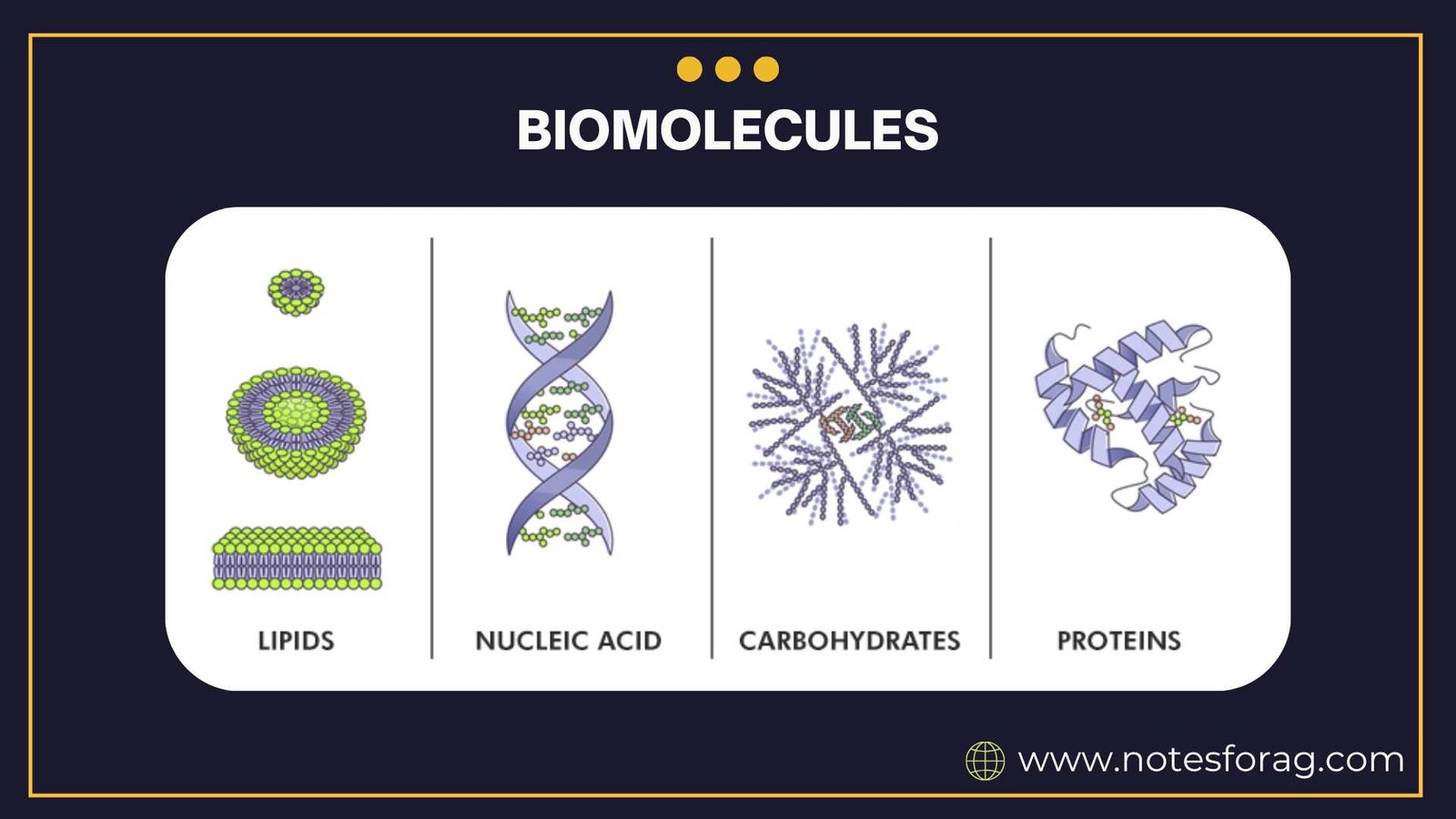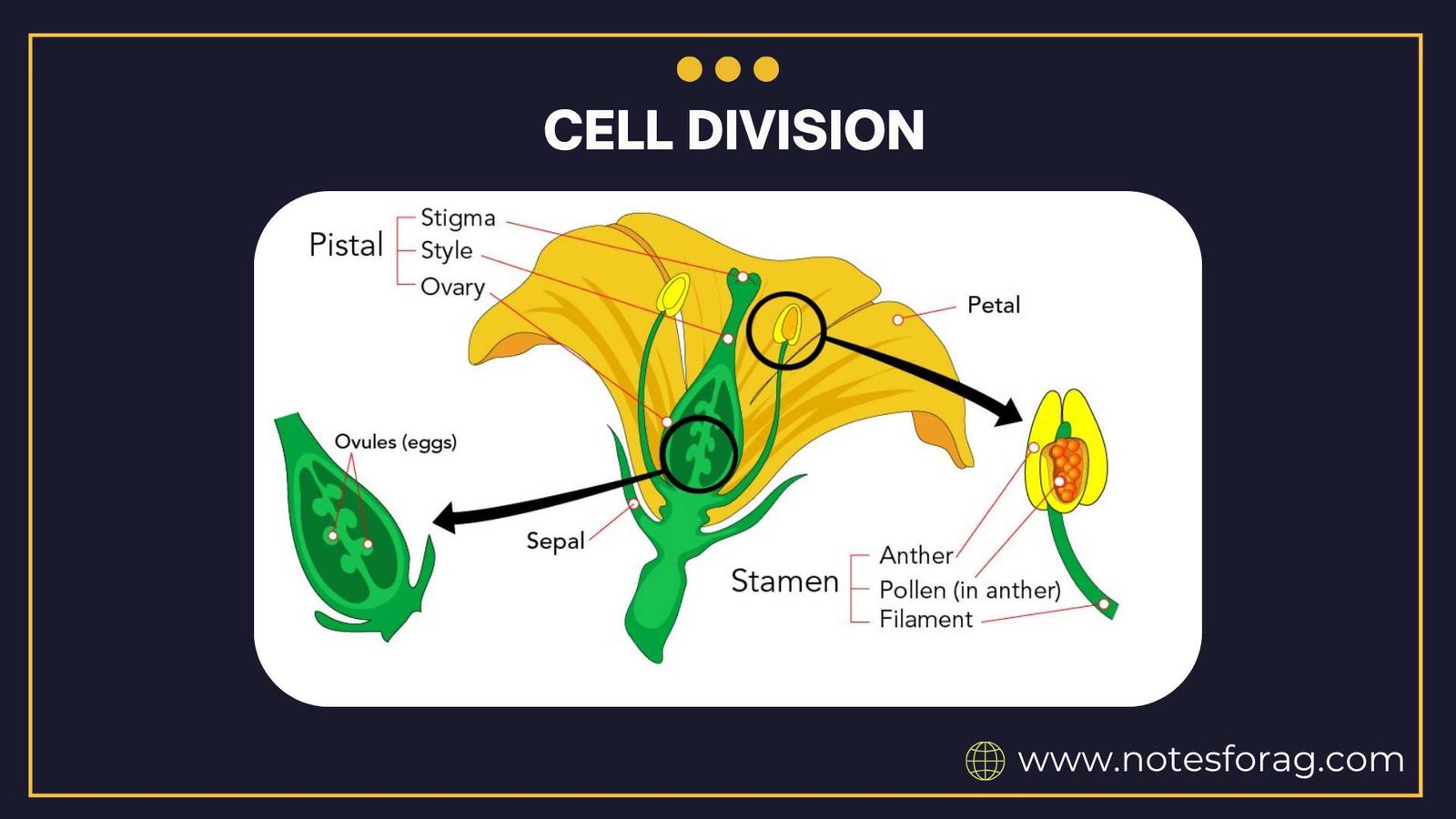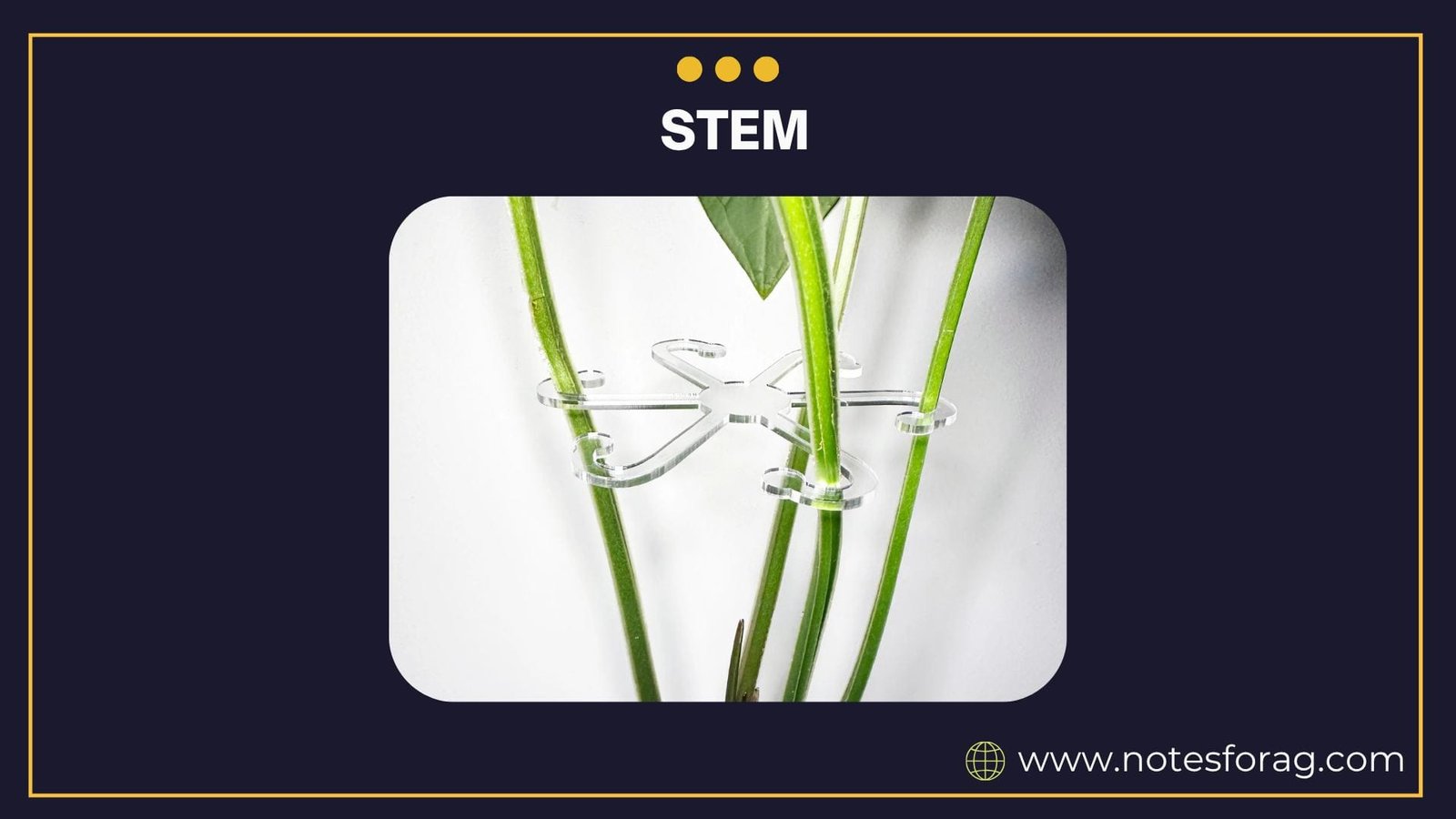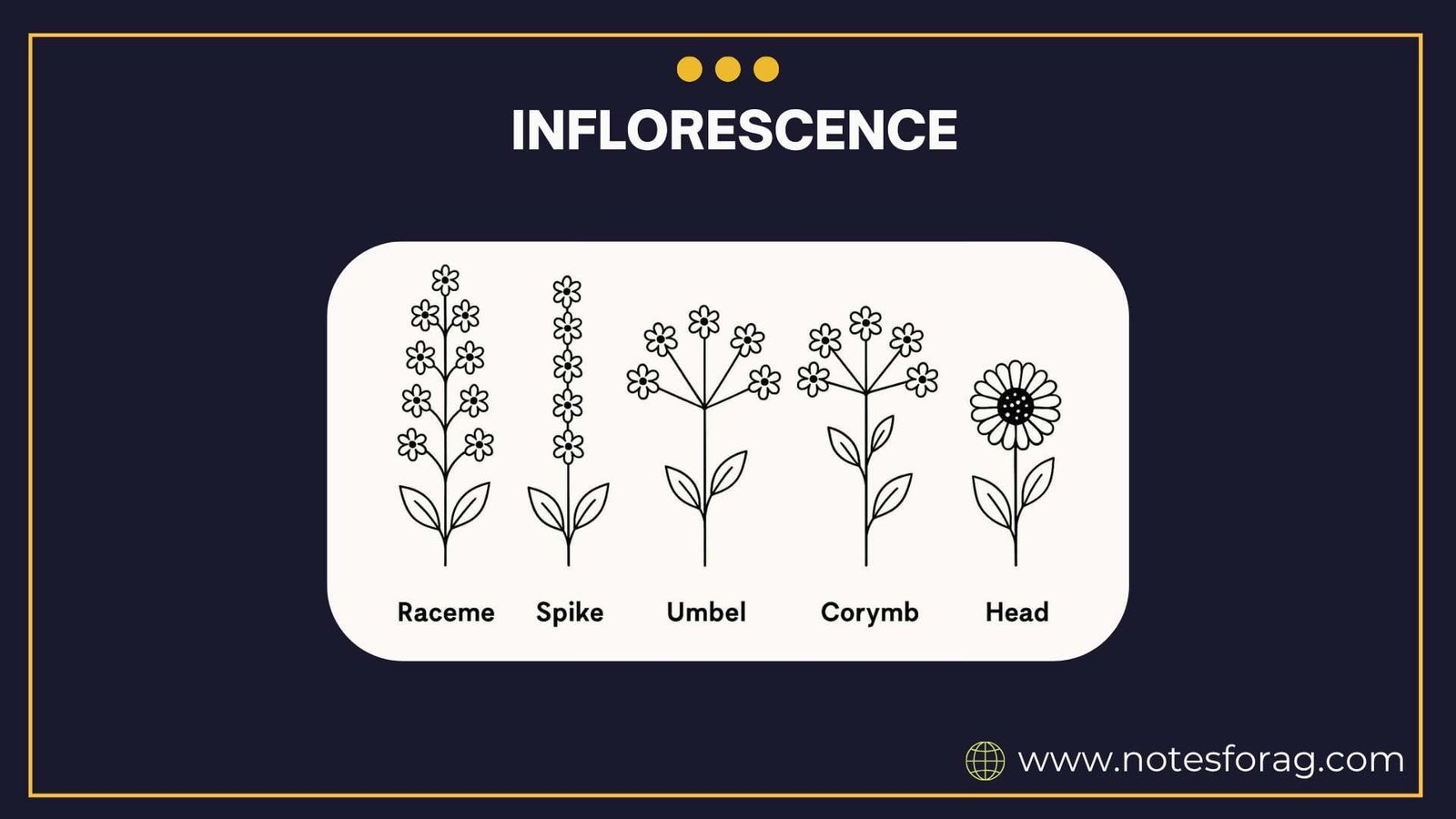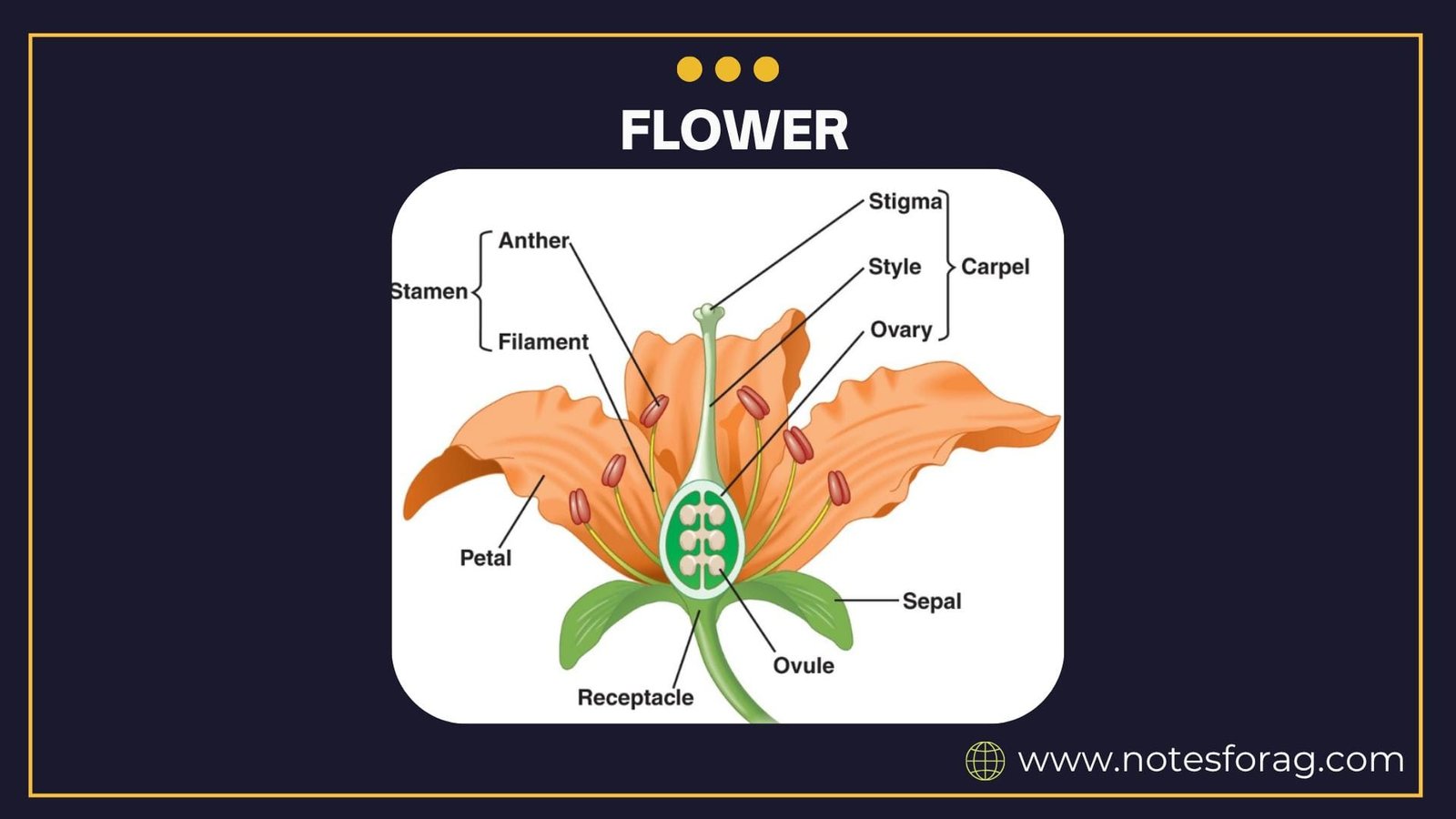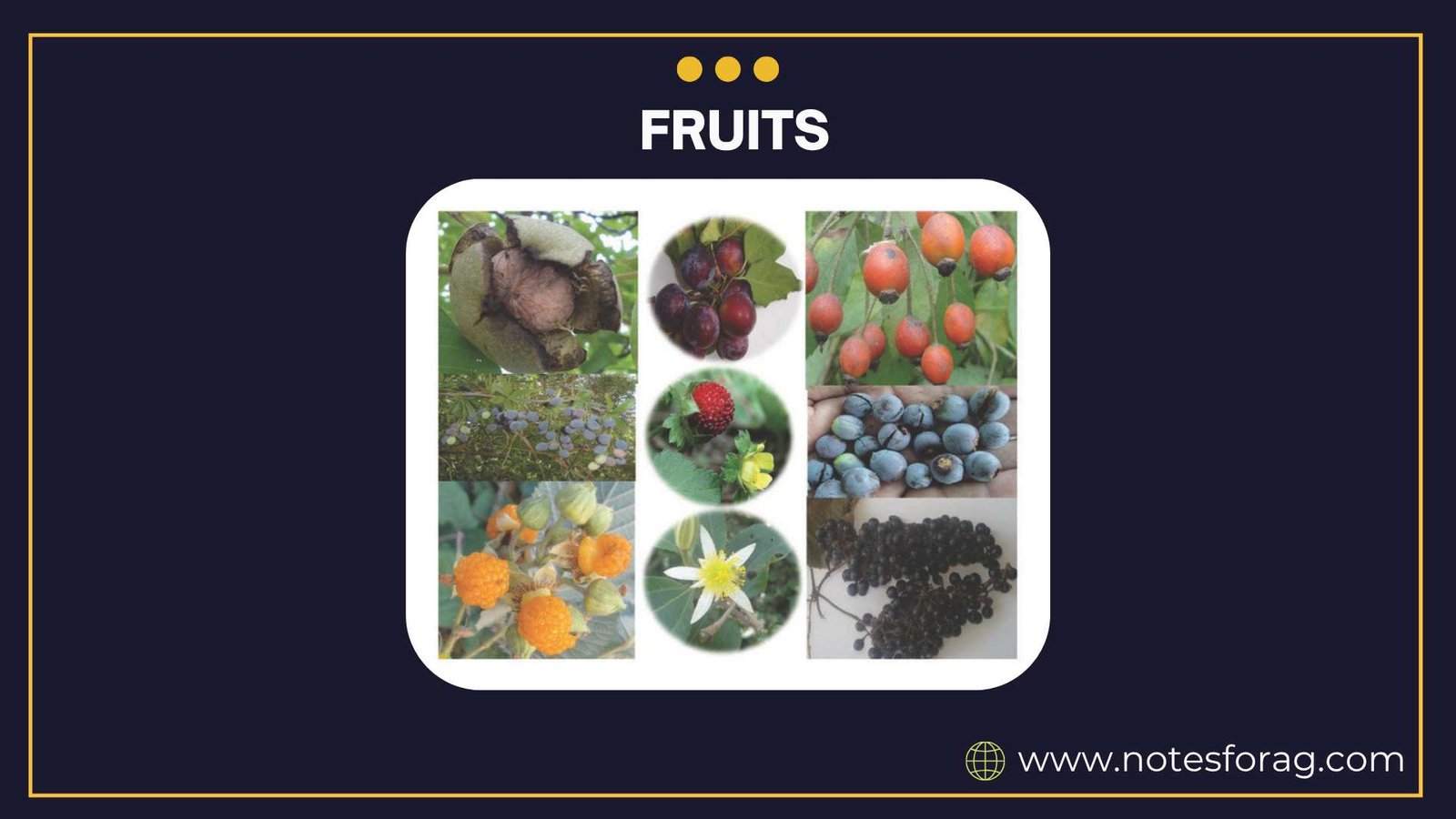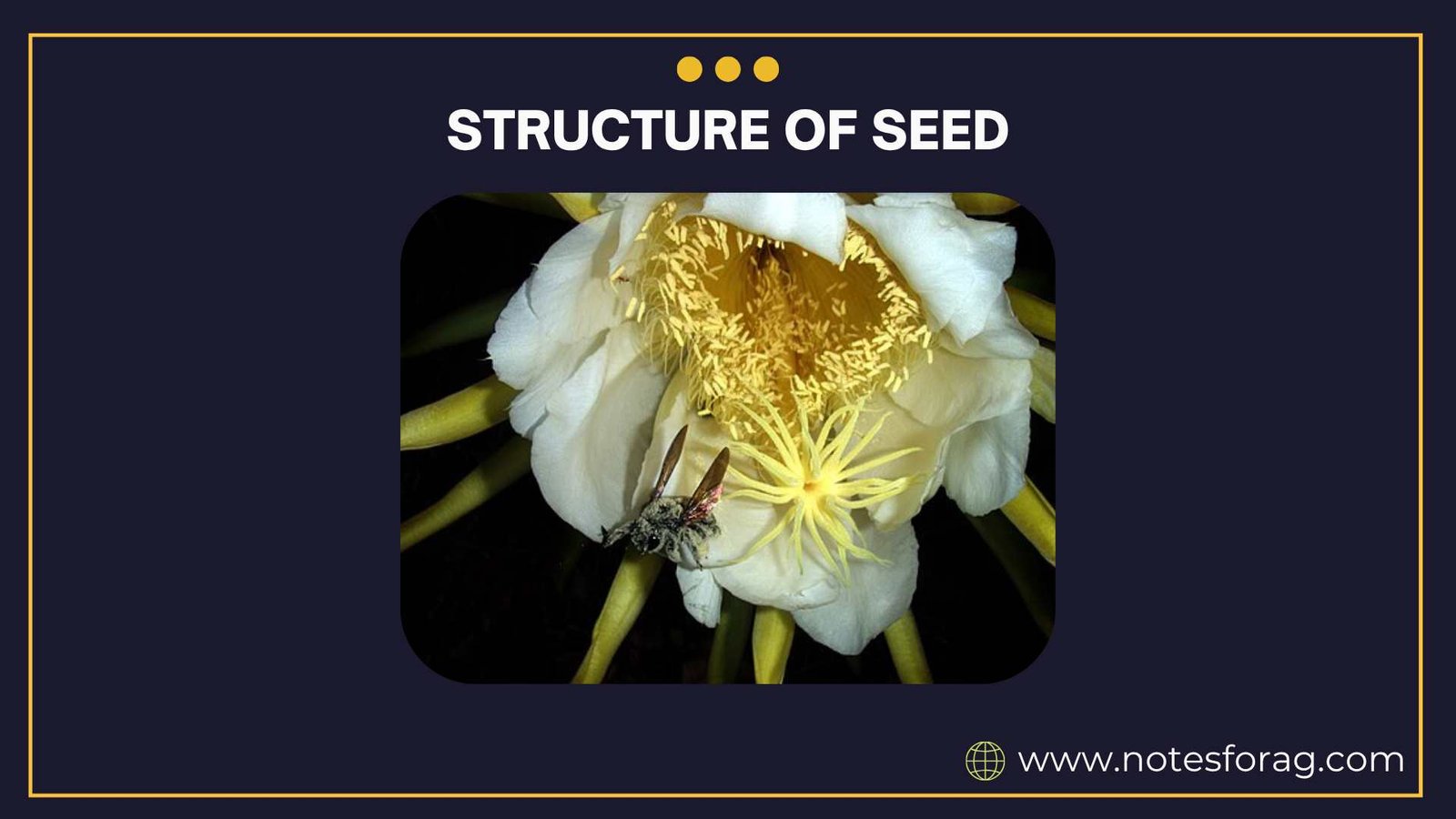Gymnosperms and Fungi of Plants
INTRODUCTION Plants show a vast diversity, and among them, Gymnosperms and Fungi are two important groups that differ in structure, reproduction, and ecological roles. Gymnosperms are non-flowering seed-producing plants, while fungi are a separate kingdom of organisms that play essential roles in nutrient cycling, decomposition, and even symbiotic relationships with plants. Understanding these groups is … Read more


